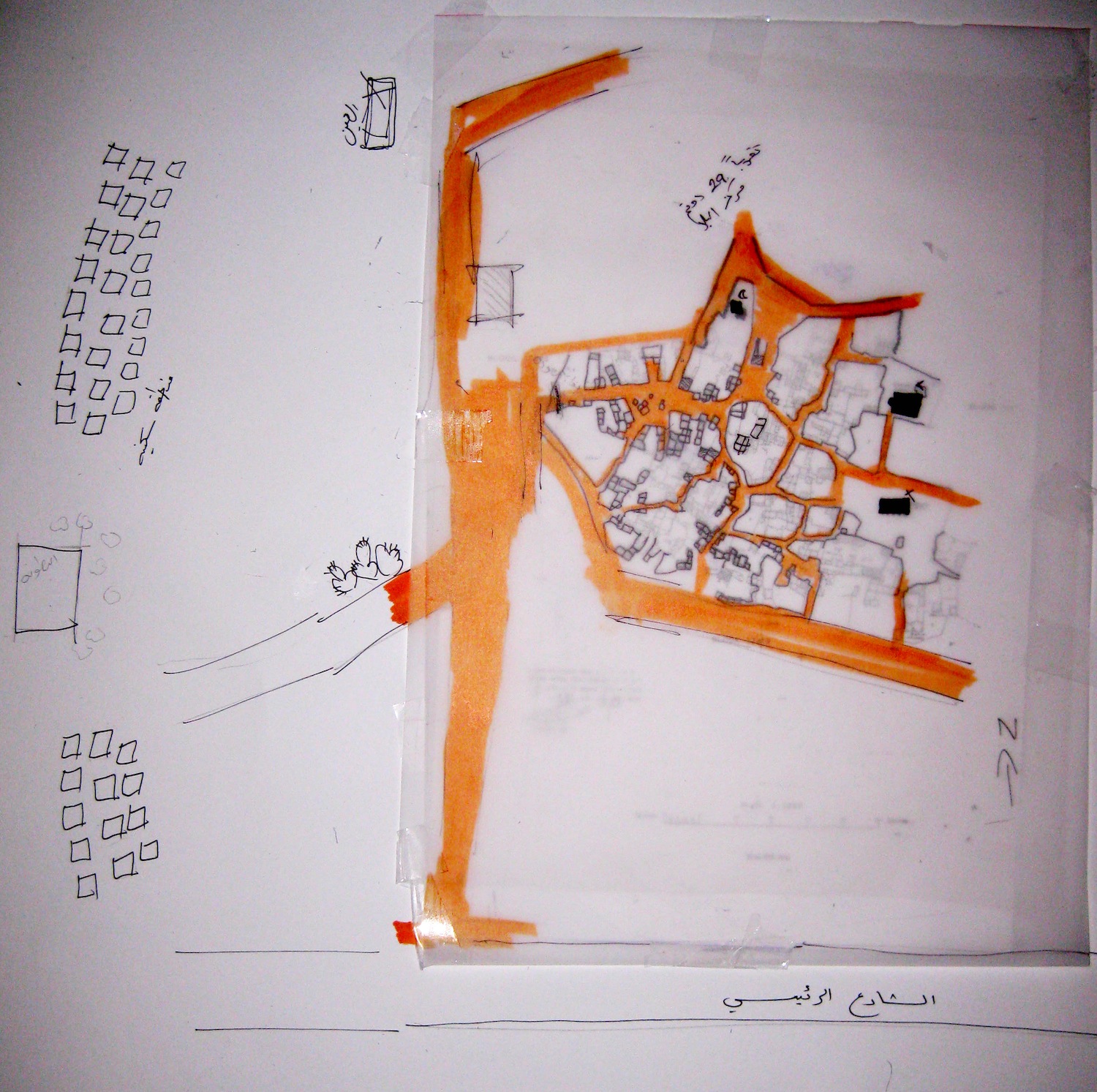It’s too bad that Mahmoud Abbas so quickly relinquished his own right of return and the collective right of all the Palestinian refugees. If he doesn’t want to return, it would have been sufficient to make that announcement after the right of return was recognized – a right he prefers to exercise by taking the opportunity to visit the town of his birth, receive compensation, etc.
Recognizing the Nakba requires recognizing the right of return, but that doesn’t necessarily mean that everyone will actually come back. Just as all the Jews in the world today have the “right of return,” but not all of them choose to come to the Jewish state, so will there be Palestinians who, in the future, when the refugees have the right of return, prefer not to immigrate to historic Palestine. Some will choose to return to their homeland, though not necessarily to their homes in Safed or in Acre. Perhaps they’ll want to live in Ramallah, for example. Abu Mazen’s embarrassing statements carry the interesting implication that it’s possible to distinguish between the right of return and the actual return itself – the possibility, in other words, of recognizing the right of return while at the same time examining the practical aspects of its implementation.
The discussion of the Israel-Palestine conflict avoids almost completely any attempt to imagine the refugees’ return. The vast majority of Jews in Israel aren’t ready to conceive of return because they prefer a Jewish state in which only Jews may be full citizens. It’s surprising that there’s almost no discussion of the return on the Palestinian side either, no examination of its practical implications. The right of return has become sacred; any attempt to analyze what it might mean in practice is viewed as heretical.
Israelis and Palestinians have recently begun to imagine and plan what the return of Palestinian refugees might involve. Little by little, very hesitantly, but also enthusiastically and creatively, to develop new ideas which have the potential to alter the discourse about the conflict. These ideas are based on recognizing both the right of return and the fact that the reality has changed unrecognizably since the Jewish state was established. The challenge is to imagine a return that creates a new reality, without uprooting people from their homes.
The return of the Palestinian refugees contains the key not only to the refugees’ homes, but also to a life together as equals in this country, not as occupiers nor as occupied.
Join our efforts to expose the truth
Join UsRelated Keywords
Resist the ongoing Nakba
Help us resist the ongoing Nakba
Donate NowJoin our efforts in exposing the truth about the ongoing Nakba and in promoting acknowledgement and responsibility for the injustices of the Nakba, support for the right of return and a commitment to building a just society for all in Palestine.



